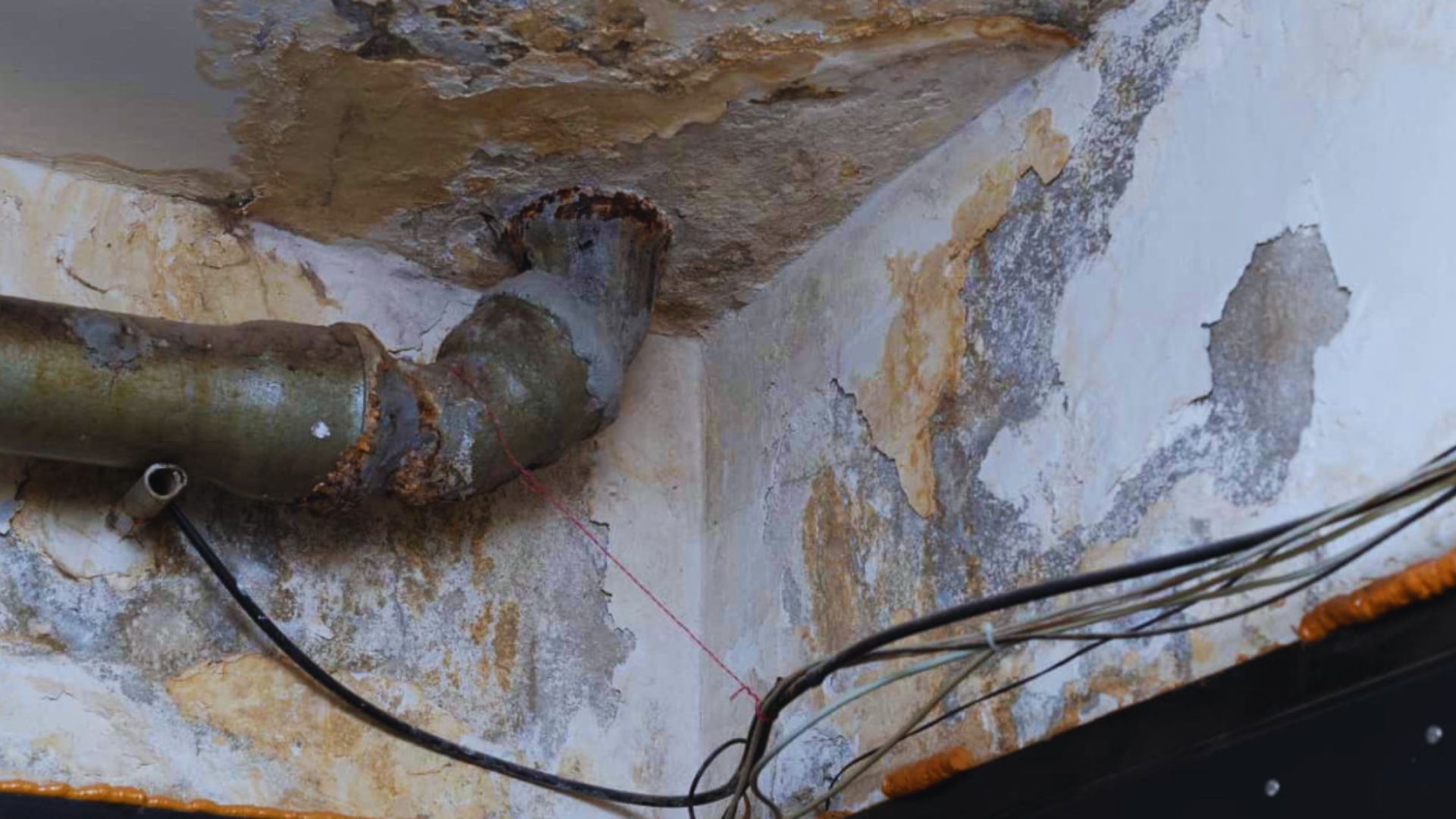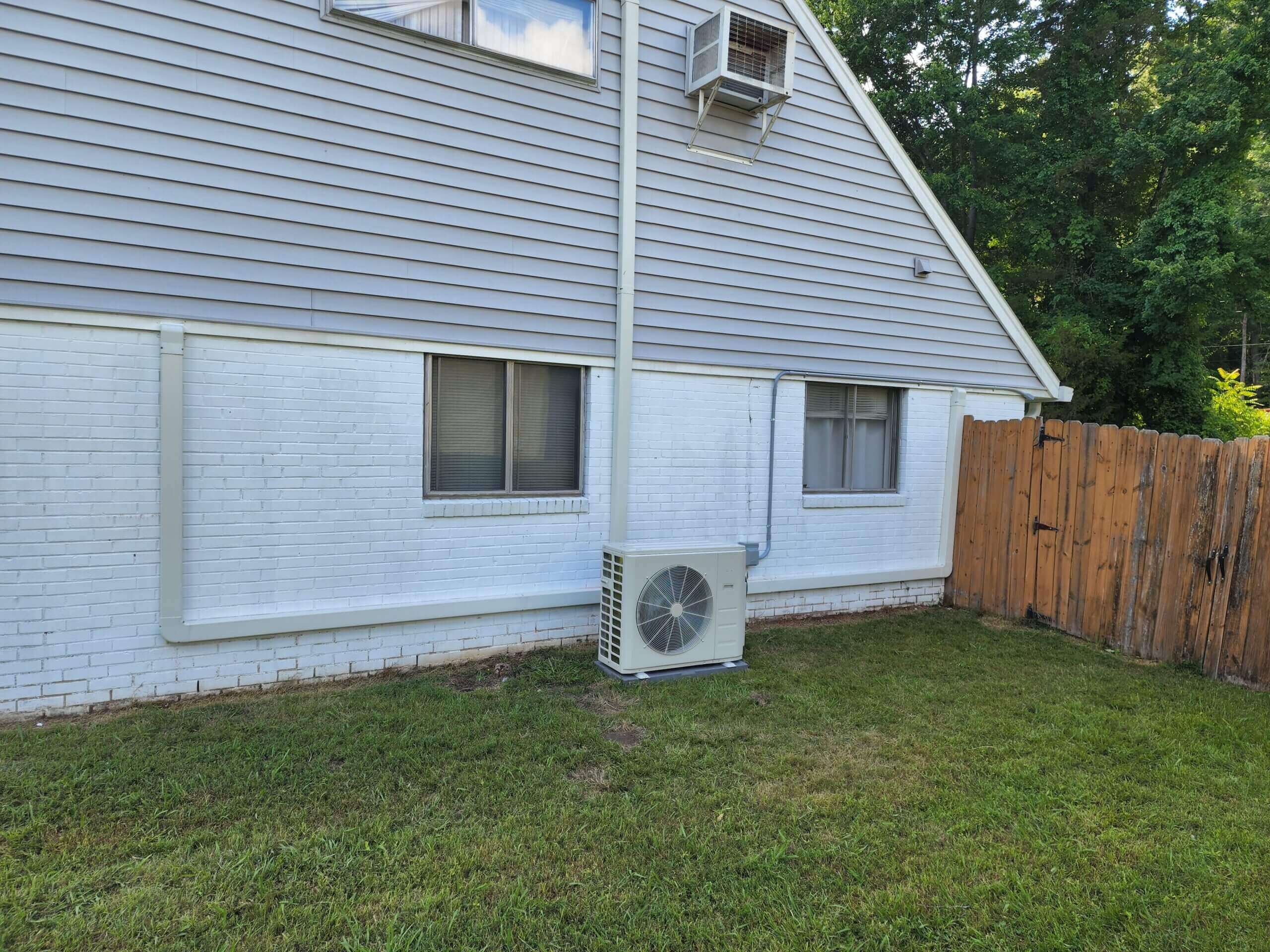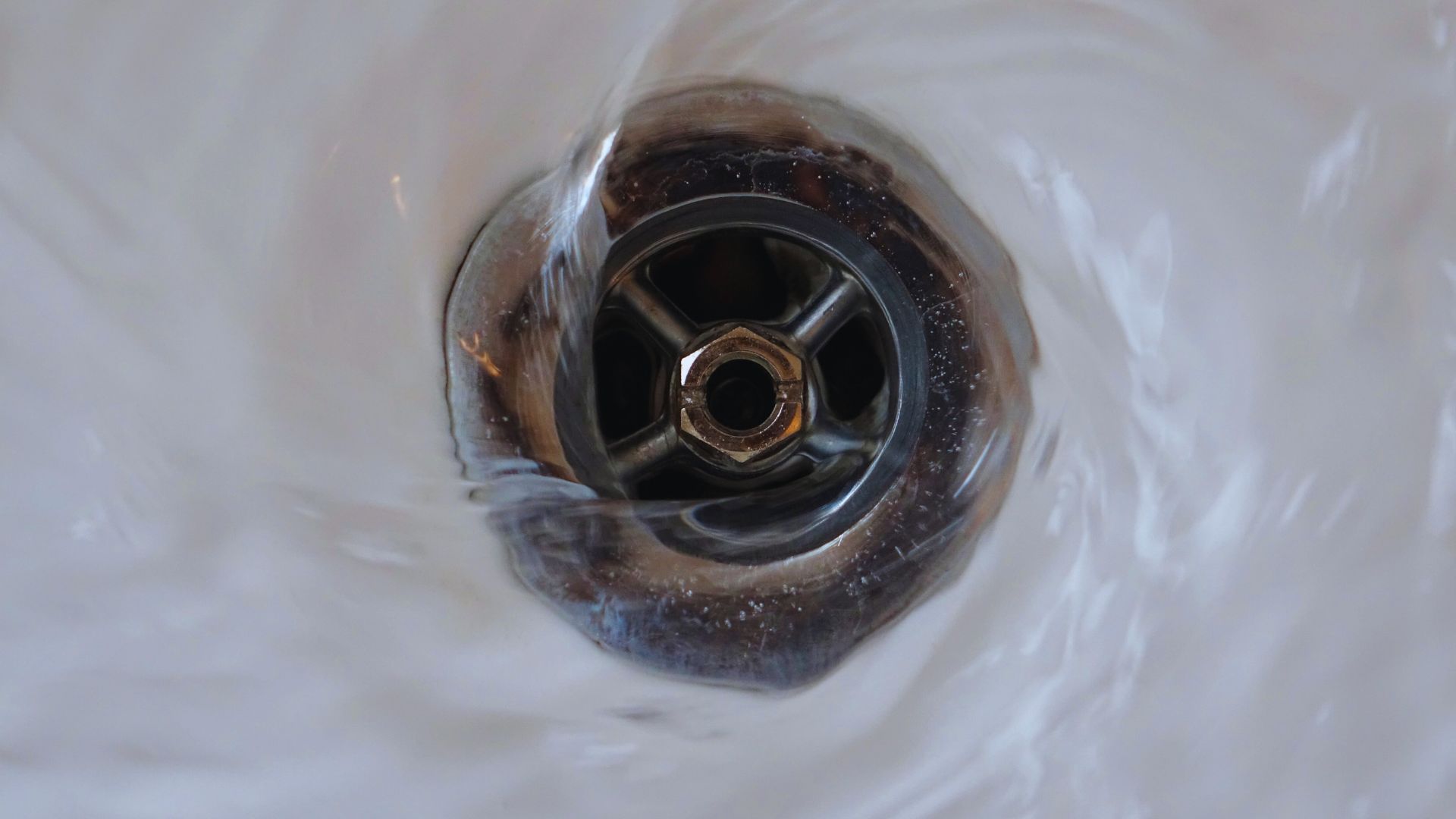Key Takeaway
If you’re dealing with plumbing issues—like slow drains, hidden leaks, or poor water pressure—your HVAC system might also be at risk. In Midlothian homes, these two systems often overlap behind the walls. Ignoring plumbing problems can lead to reduced HVAC efficiency, poor air quality, and even long-term equipment damage. This article walks you through six real ways these systems connect—and what to do about it.
How Plumbing Problems Can Wreck HVAC Performance

1. Leaks Can Lead to Mold Growth Inside Ductwork
Small pipe leaks behind walls or under floors often go unnoticed. But that added moisture can create the perfect conditions for mold—especially in or near HVAC return ducts.
Why this matters in Midlothian: Our humid summers and sealed homes make trapped moisture a bigger deal. Mold can spread quickly and lower your indoor air quality fast.
What to do:
Get any suspected pipe leaks inspected. Also, have your ductwork cleaned and sealed if moisture signs are present.
2. Poor Water Pressure = Poor Humidifier Performance
Many HVAC systems in Midlothian include whole-home humidifiers. These rely on stable water pressure from your plumbing. If pressure drops, your humidifier won’t work correctly—and you’ll notice it in dry skin, nosebleeds, or even cracking hardwood floors.
What to do:
If you’re seeing low humidity despite running the humidifier, check your water pressure. It may point to hidden plumbing issues like sediment buildup or a faulty pressure regulator.


3. Hard Water Can Damage HVAC Components
Hard water causes scale buildup—not just in pipes and fixtures, but also in HVAC components like boiler coils, tankless water heaters, or humidifier pads.
Why this matters: Scale reduces heat transfer efficiency and shortens system life. That’s more frequent breakdowns and higher energy bills.
What to do:
Consider a water softener if you’re seeing signs of hard water (white residue, stiff laundry, dry skin). It protects both your plumbing and your HVAC system.
4. Clogged Drains = Condensation Problems
Your AC creates condensation that needs to drain properly. But if your home’s plumbing system is already slow-draining or partially blocked, your HVAC drain line can back up.
Result?
Water damage, mold near your air handler, and a shutdown if your safety sensor trips.
What to do:
Have a plumber inspect your drainage system regularly. A simple drain cleaning could prevent thousands in HVAC repairs.


5. Leaky Pipes Near Vents Can Spread Musty Odors
A pipe leaking near a supply or return vent doesn’t just dampen insulation—it pulls in musty air and spreads it through the house. If your HVAC smells bad when it runs, the source could be plumbing.
What to do:
Track down the odor. If it’s isolated to areas near bathrooms, laundry rooms, or kitchens, call a plumber and HVAC tech for a joint inspection.
Final Thoughts: Don't Let One Problem Multiply
If you’re seeing signs of plumbing trouble, it’s not just a plumbing issue—it could be silently dragging your HVAC system down, too.
At Midlothian Mechanical, we specialize in both plumbing and HVAC services, which means we know how one system affects the other. From leak detection to AC inspections, our licensed team can spot cross-system issues before they become emergencies.
👉 Need help diagnosing hidden problems?

